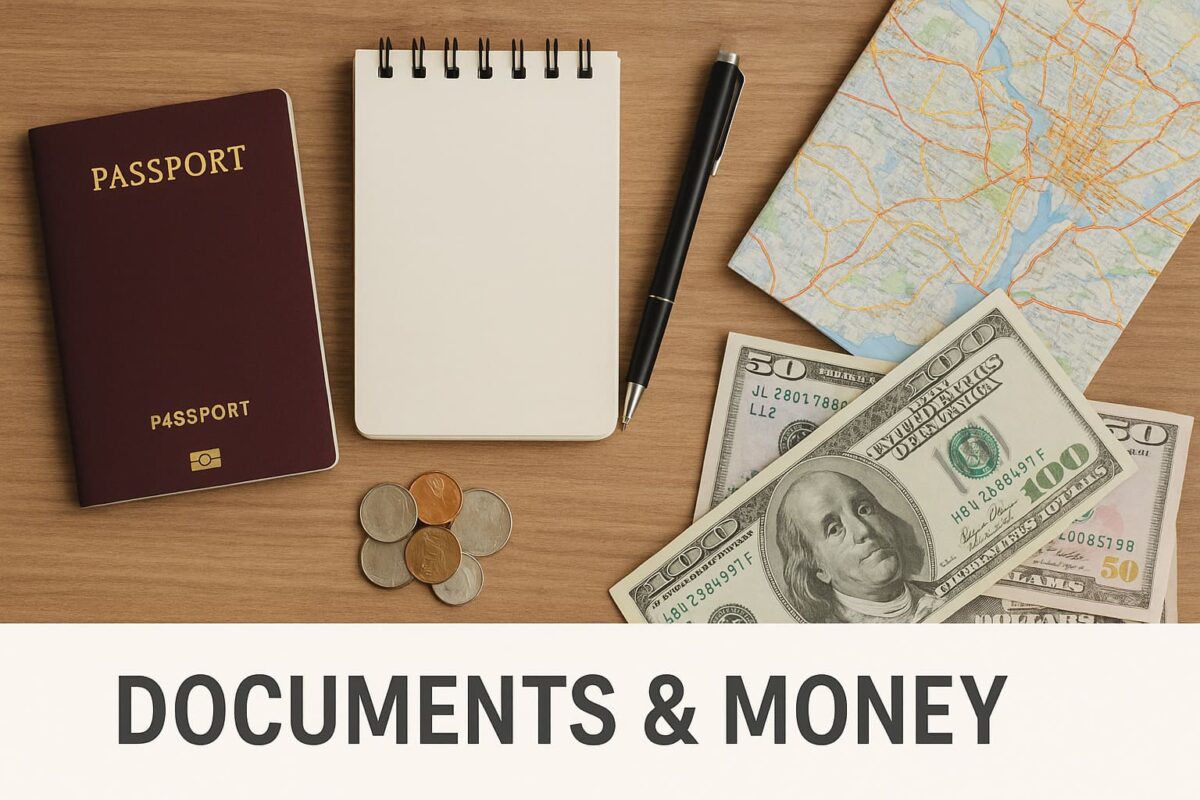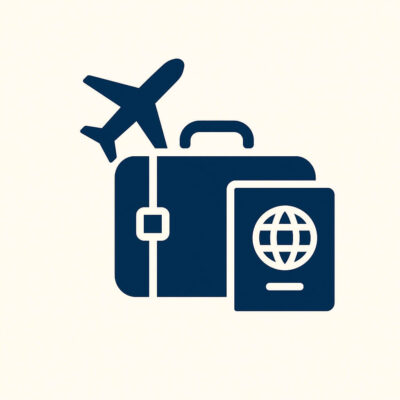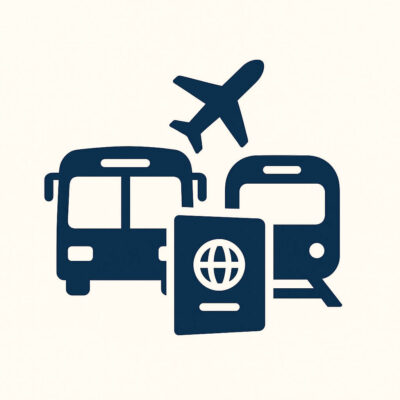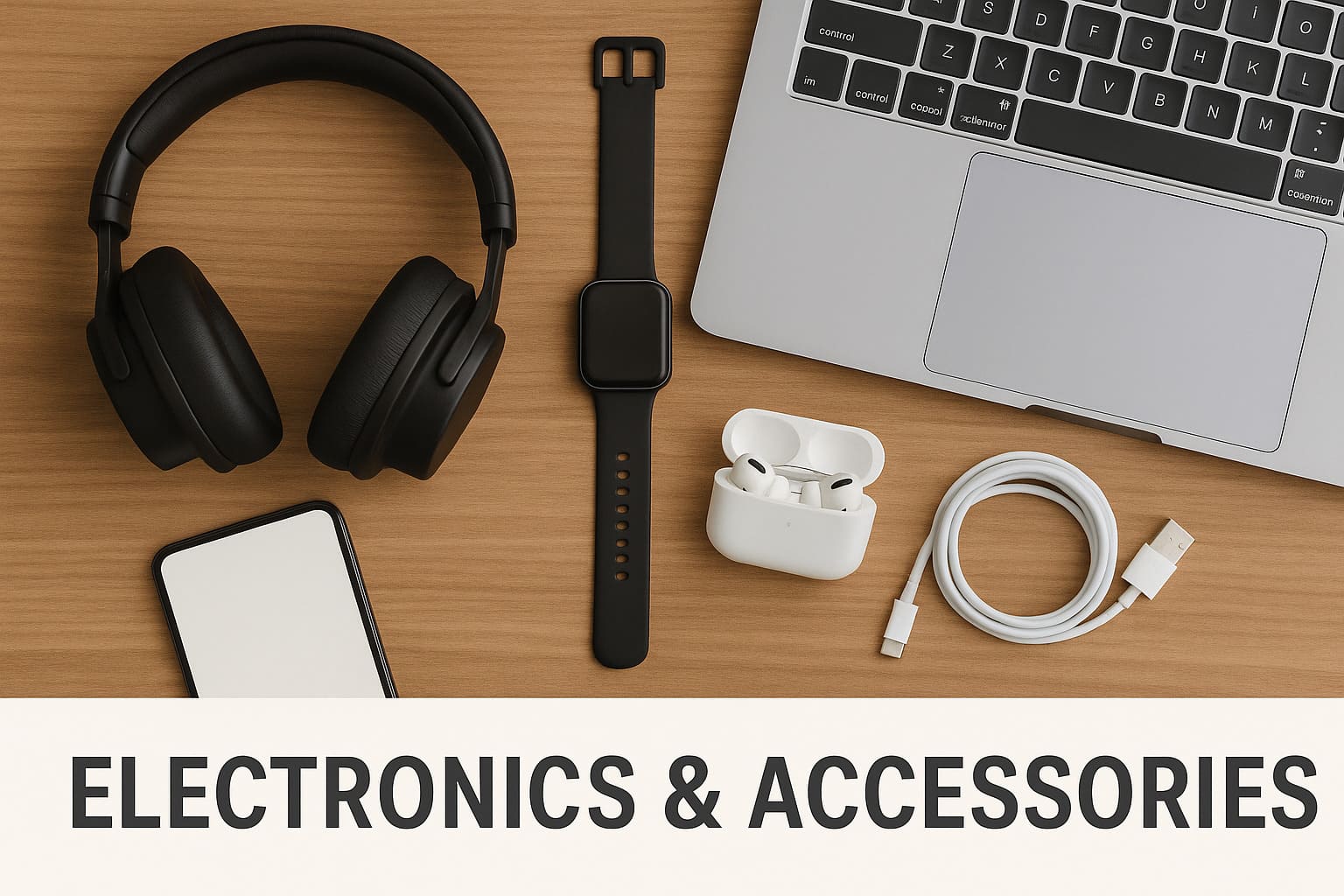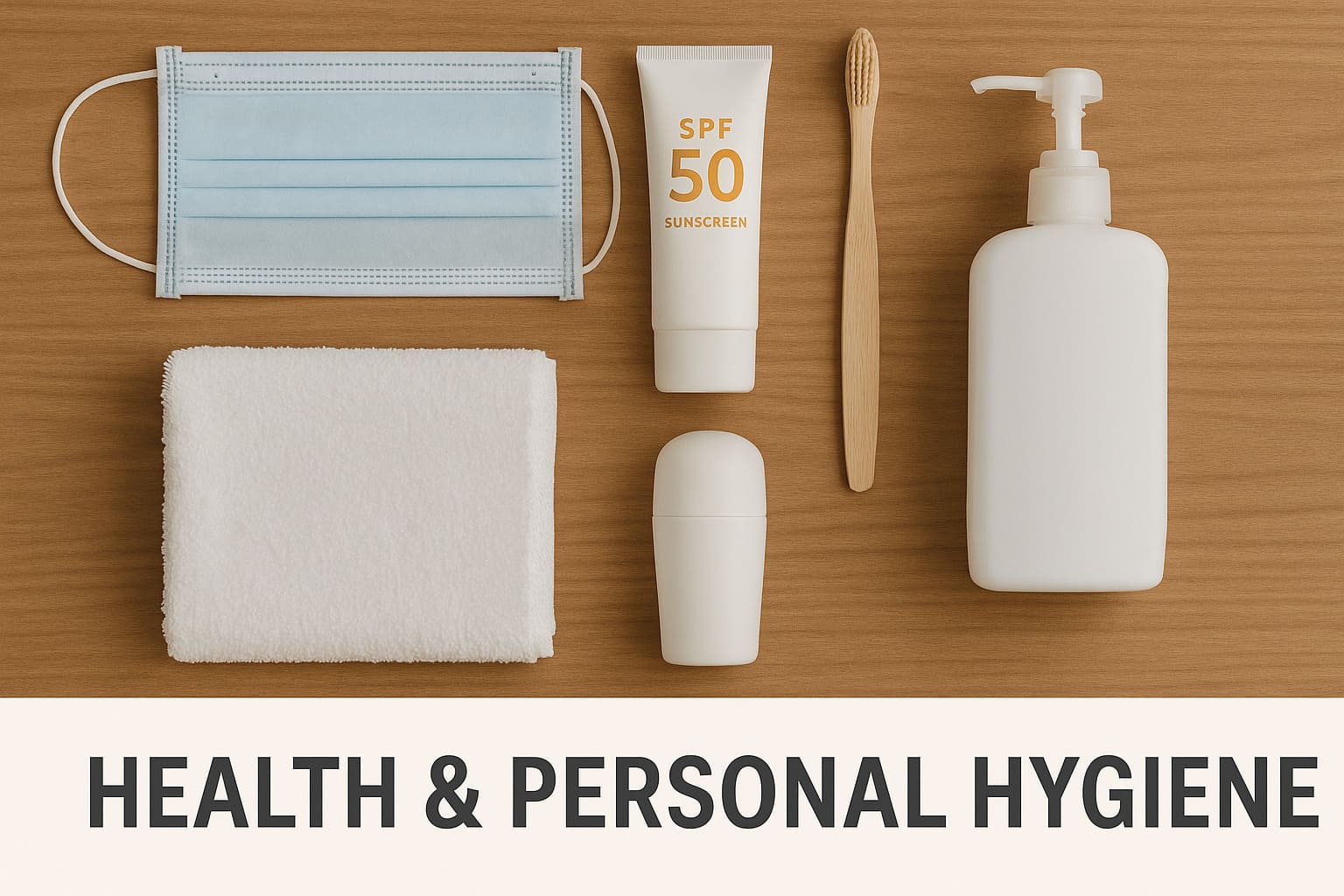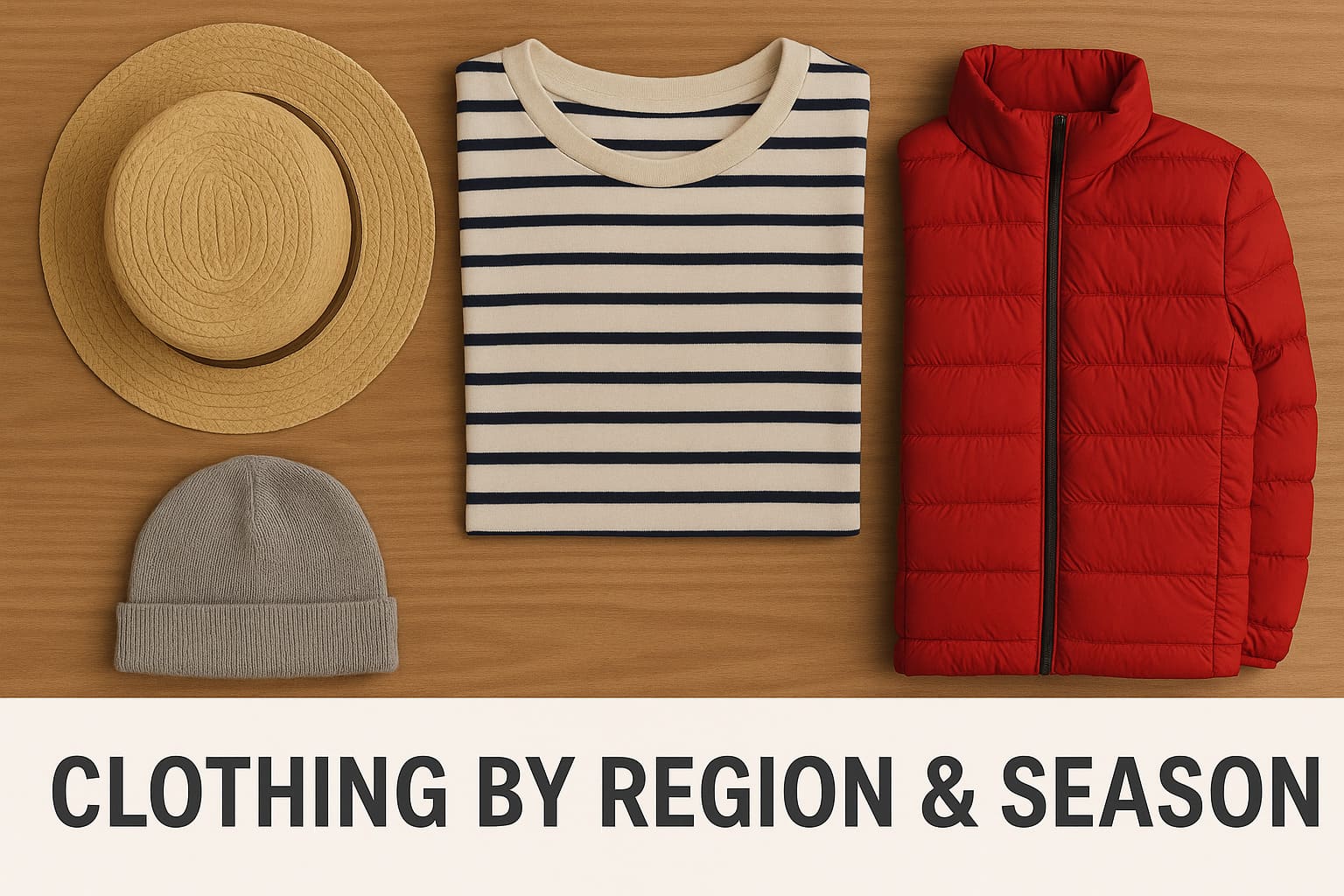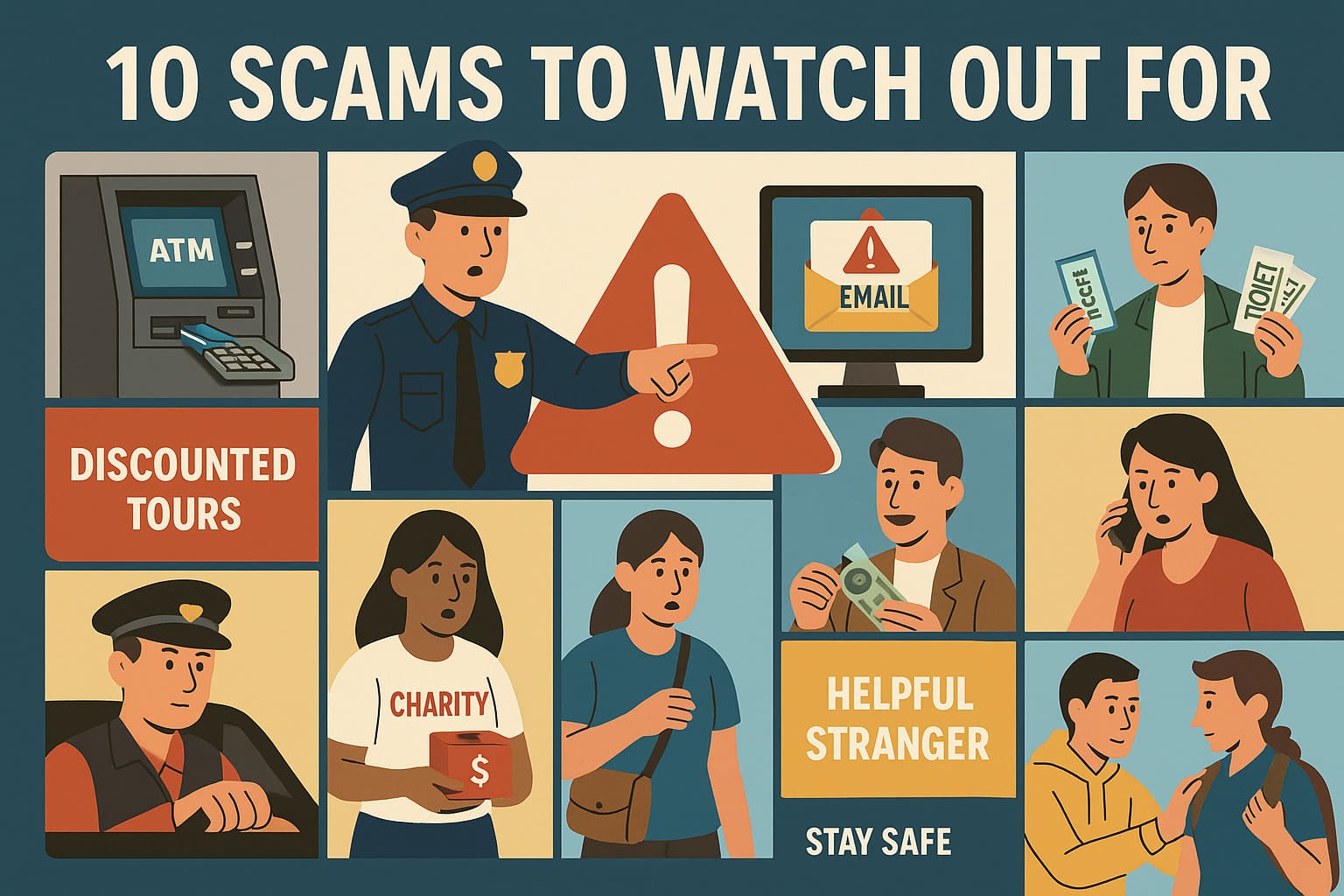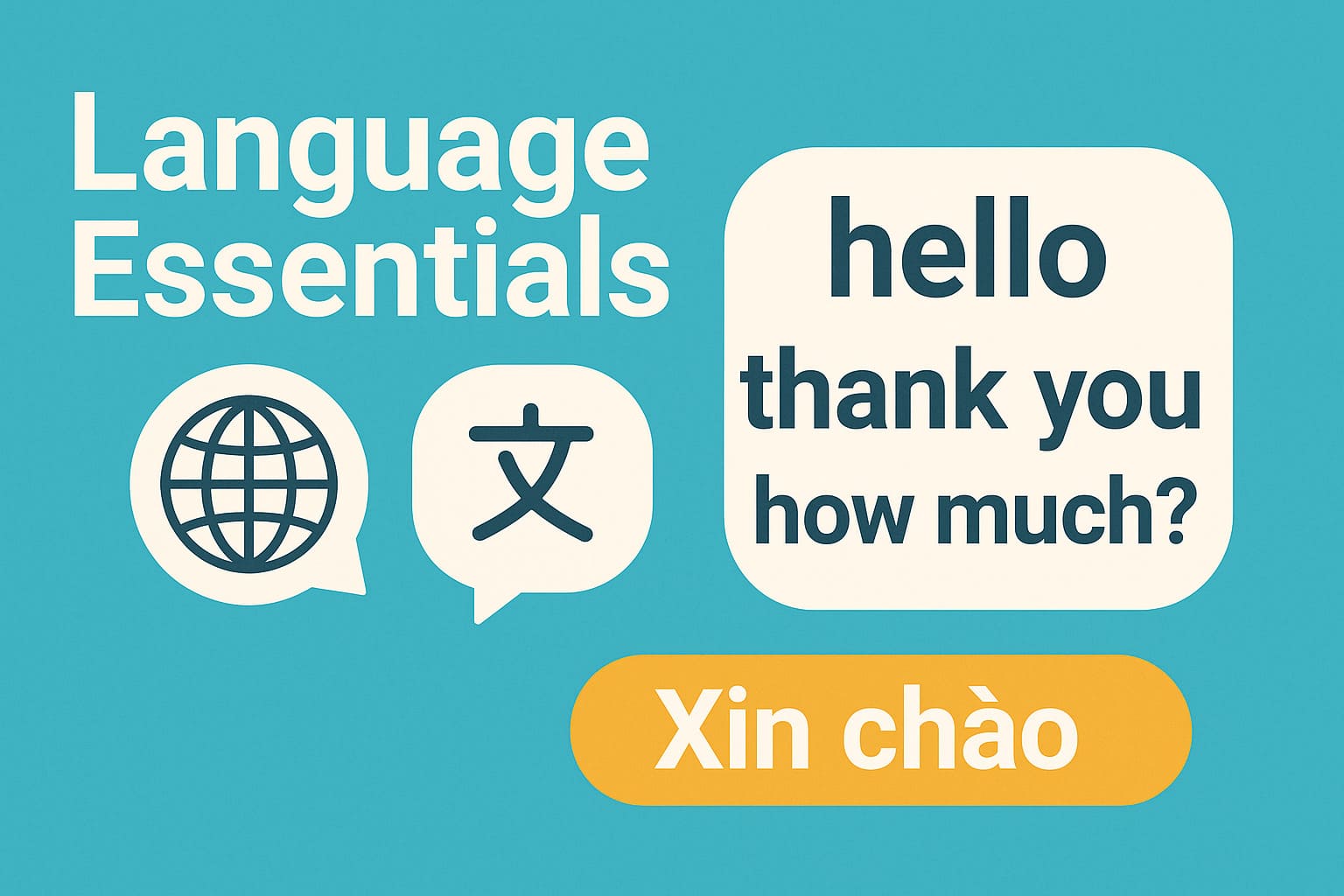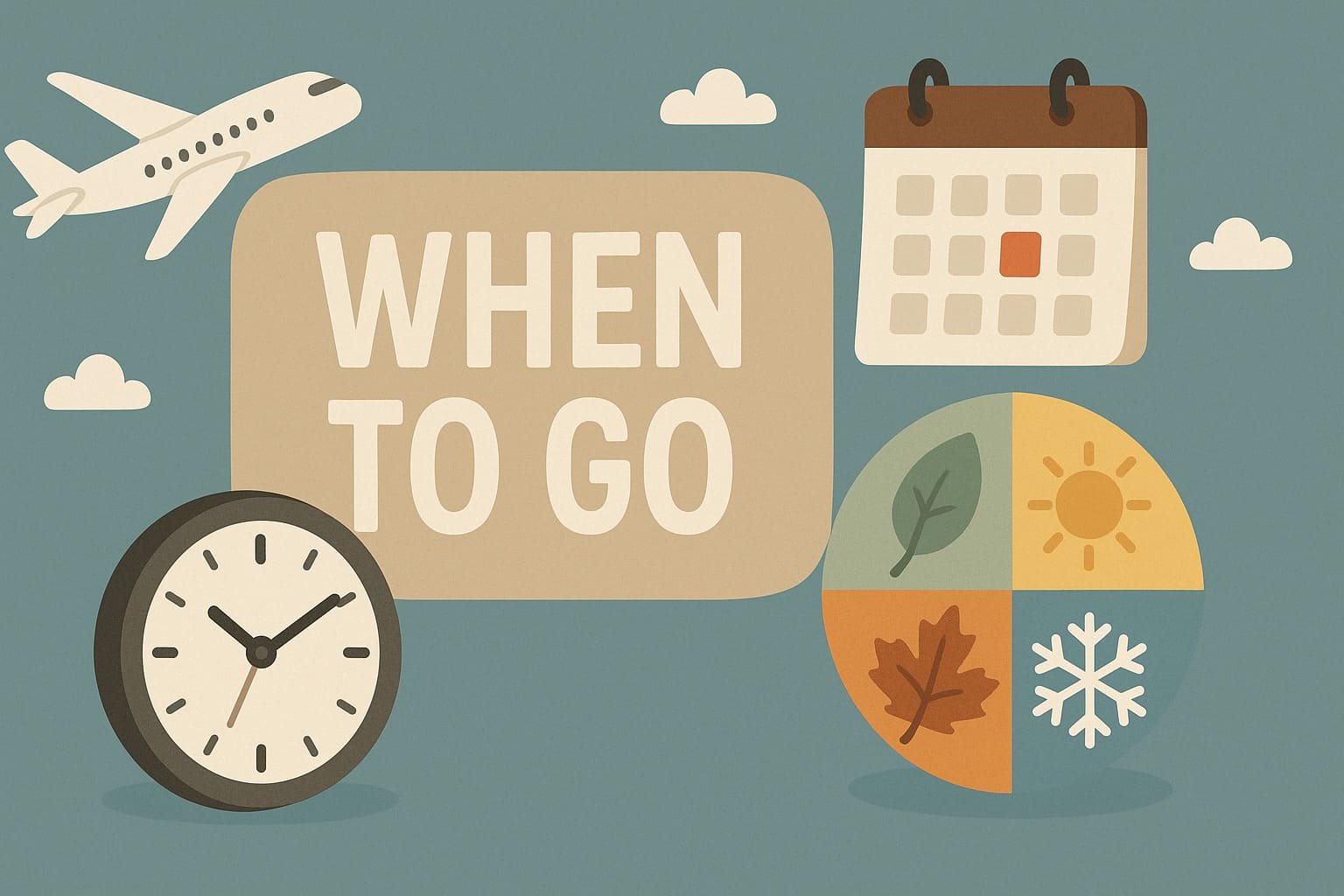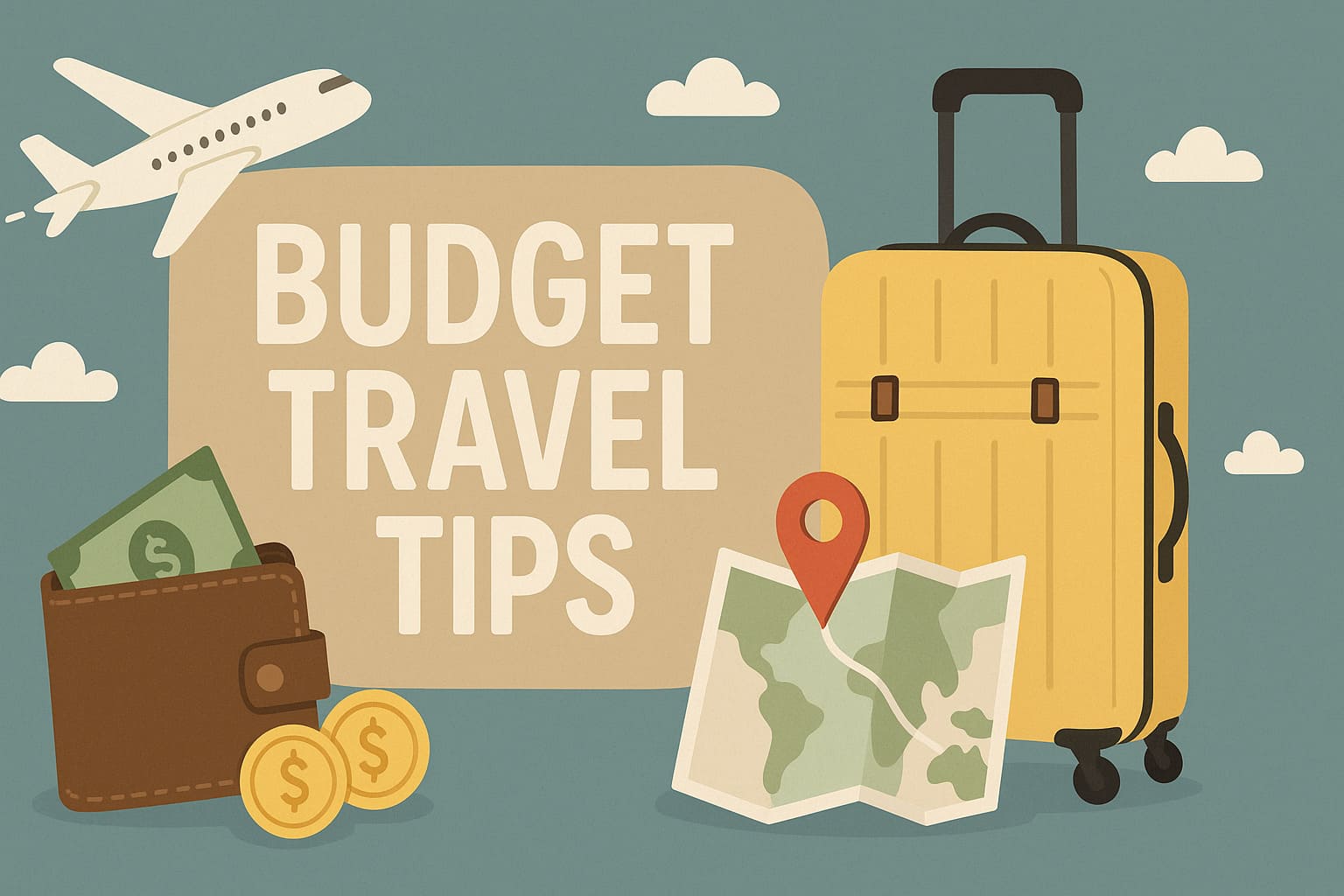Block "before-you-go" not found
Preparing the right documents and managing your finances is a crucial step to ensure your trip to Vietnam goes smoothly, safely, and without unexpected disruptions.
🛂 Passport & Visa
Your passport must be valid for at least six months from your planned date of entry into Vietnam.
Visa: Depending on your nationality, you may qualify for a short-term visa exemption (typically up to 15–45 days), or you may need to apply for an e-visa through the official government portal:
👉 https://evisa.xuatnhapcanh.gov.vn
Be sure to carry both a printed copy and a digital version (PDF or photo) of your passport and visa on your phone.
🧾 Travel Documents
- Return flight ticket: Keep a printed copy or store it on your phone — many airports may ask for it during immigration checks.
- Hotel confirmations, tour bookings, domestic transportation (bus, train): Print at least one physical copy and keep backups in your email or offline folder.
- International travel insurance: Choose a plan that includes medical coverage, accidents, baggage loss, and trip cancellations.
Save your insurance company’s emergency hotline number in your phone.
📋 Backups & Emergency Contacts
Make printed copies of your passport, visa, and insurance documents and store them separately from the originals.
Save important contacts in your phone, including:
- The embassy or consulate of your country in Vietnam
- Your travel insurance provider’s emergency contact
- A family member or close friend back home
💱 Currency Exchange in Vietnam
It’s best to exchange your money once you arrive in Vietnam, as local rates are usually better than what you’ll find abroad.
🔹 Where to exchange money safely:
- Major Banks
- Trusted and transparent rates
- Require passport for all transactions
- Available in most cities (e.g., Vietcombank, BIDV, Techcombank)
- Licensed Gold & Jewelry Shops
- Common in big cities like Hanoi and Ho Chi Minh City
- Often offer better rates than banks
- Make sure it’s a well-known, legal shop (e.g., Hà Trung Street in Hanoi, Nguyễn An Ninh in HCMC)
- Airport Exchange Counters
- Convenient but usually offer less favorable rates
- Good for small amounts upon arrival (e.g., taxi fare)
🔒 Avoid exchanging money with street vendors or unofficial agents.
This may violate local laws and expose you to scams or counterfeit bills.
💵 Cash & Cards
Cash is king in Vietnam, especially in small towns and rural areas.
Be sure to carry enough VND — in small bills — for everyday expenses like transport, food stalls, markets, and mini hotels.
Keep a small reserve of U.S. dollars (USD) or euros (EUR) in case you need to exchange currency — but only at licensed banks or official exchange counters.
Carry 1–2 international credit/debit cards (Visa or Mastercard) to pay at hotels, restaurants, or withdraw cash from ATMs.
Note: Most ATMs in Vietnam limit international card withdrawals to between 3 million and 5 million VND per transaction, which is roughly $120 to $200 USD. Some banks allow higher limits, but availability may vary.
🔒 Tip: Call your bank before your trip to notify them of your travel plans — this helps prevent your card from being flagged or blocked due to suspicious activity.


